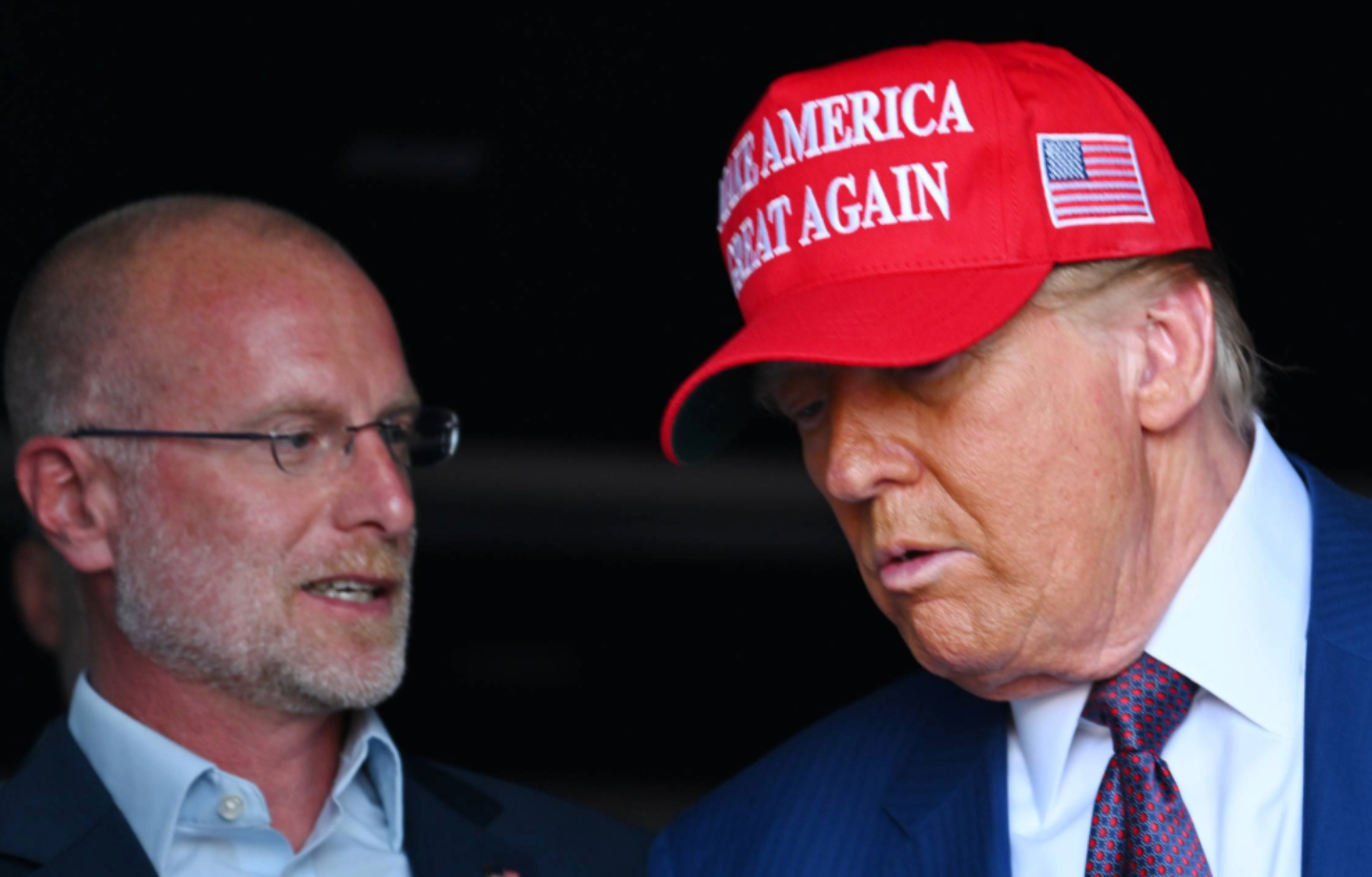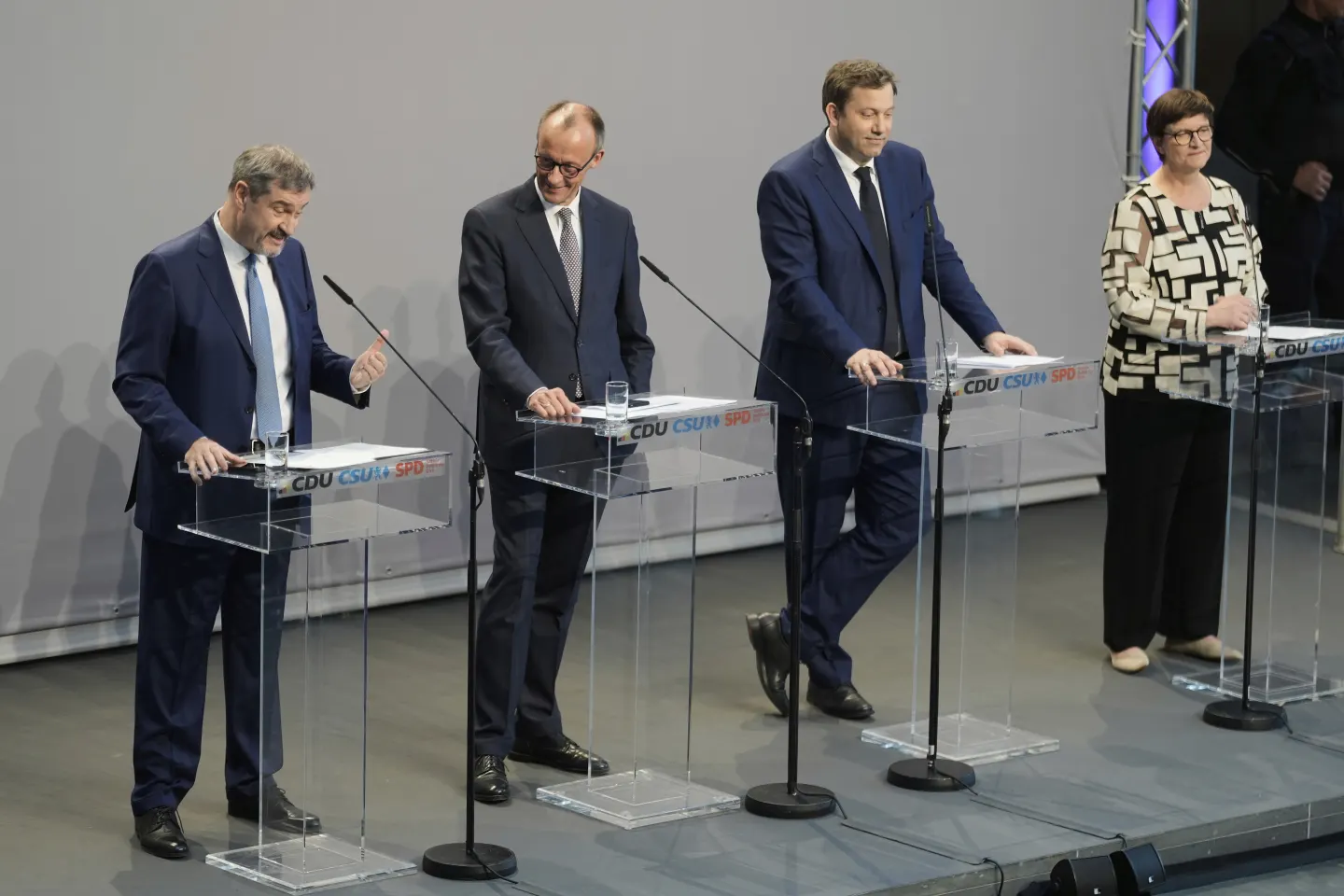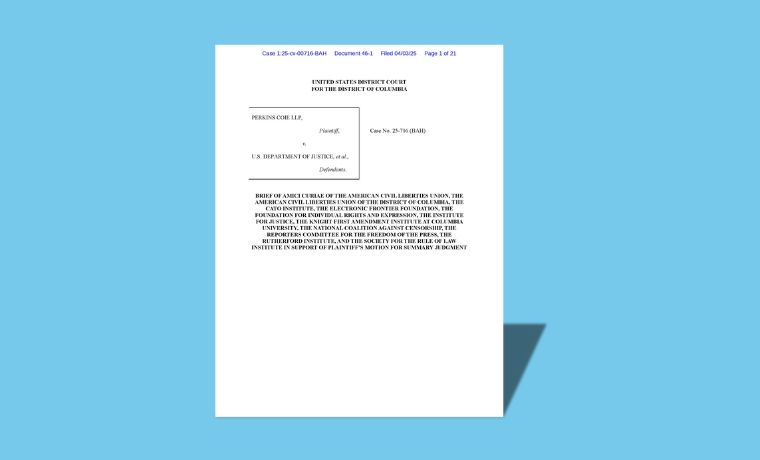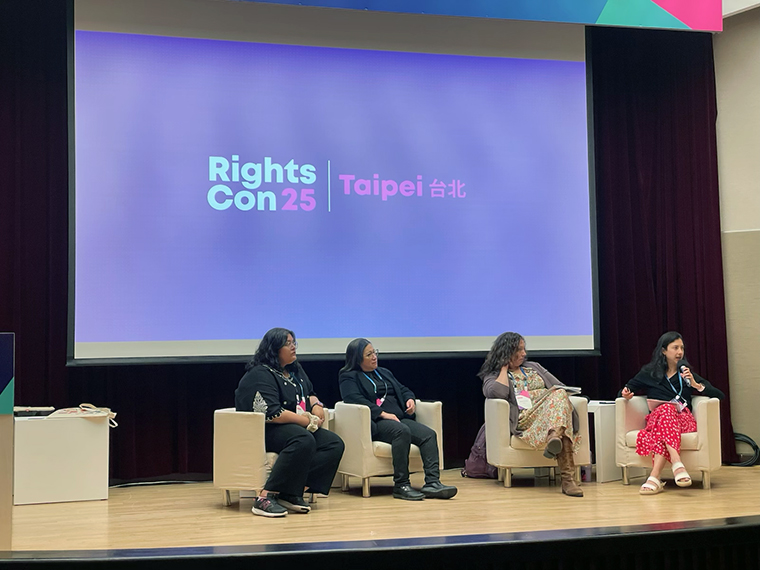Washington’s Double Standard on Free Speech

April 16, 2025
This article was originally published by Tech Policy Press. To read the full article visit this link.
Since taking office on January 20, the Trump administration has pursued a concerted effort to portray foreign regulation of the US-based technology industry as both a tax on American companies and a threat to Americans’ freedom of expression. The new FCC Chairman, Brendan Carr, and other government officials have doubled down on the free speech argument. Taken at face value, the administration’s claims that EU and UK digital platform regulations could affect Americans’ speech merits serious assessment. However, these concerns ring hollow given the administration’s hostility to virtually any foreign regulation of US digital industries and—even more troubling—its direct crackdown on dissenting expression at home.
At the center of the current controversy are two foreign digital regulations: the EU’s Digital Services Act (DSA) and the UK’s Online Safety Act (OSA). The DSA covers a broad range of “intermediary services” and platforms, but its most demanding obligations target very-large online platforms and search engines, with penalties for noncompliance reaching up to 6% of global annual turnover. The UK’s OSA is even broader in scope, covering an estimated 100,000 services and sites, and imposes fines of up to £18 million or 10% of global revenue. Both regulations are fairly new—the DSA was passed in 2022 but did not go into full force until February 2024, and the OSA was passed in 2023 and is being phased in starting this year. Though the EU has launched several investigations under the DSA, to date, the EU has not taken any final enforcement actions.
Just as foreign regulators are preparing to enforce these measures, and companies are gearing up for compliance, the Trump administration is trying to halt them by threatening to impose “tariffs and taking such other responsive actions necessary to mitigate the harm to the United States.” Presumably, these would be additional targeted tariffs on top of the more general tariffs the administration announced last week. This stance is rooted in two central claims: that the regulations are “discriminatory, disproportionate” and anti-competitive, and that they have the potential to undermine “freedom of speech and political engagement.” It is worth examining each in turn.
For Mariana’s full analysis, please read this article on Tech Policy Press.



